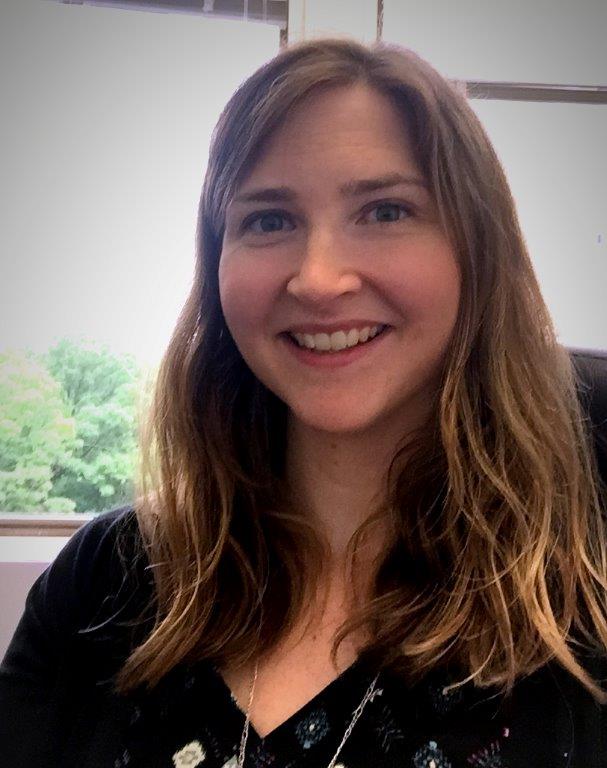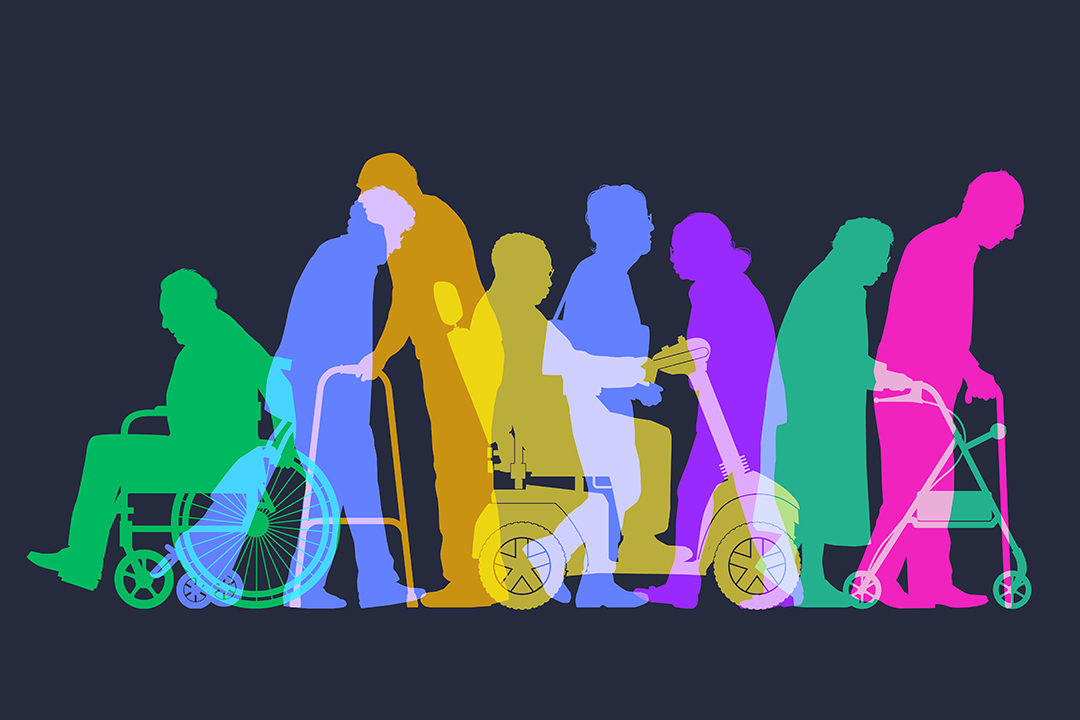The Washington Post recently reported that a local senior, who for privacy reasons was identified only by her middle name, Dolores, has become the first senior citizen in Washington, D.C., to be freed from guardianship in favor of "supported decision-making," a law that was passed in May and has been cited in court to help a resident regain independence. Jessica Bronson, JD '14, was the attorney who successfully argued that Dolores could make her own decisions and did not need a court-appointed guardian to do that for her. Ms. Bronson recently spoke to GW Law about the case and how she became involved in elder and disability rights advocacy.
 During her second year at GW Law, Ms. Bronson decided to take a course on Elder Law with Naomi R. Cahn, Associate Dean for Research and Faculty Development, which turned out to be one of her favorite classes. "It was the first time I had thought much about the legal issues that affect seniors, such as guardianship," she said. Guardianship is when a judge removes a person's right to make some or all of their decisions, including financial, medical, and housing decisions and appoints someone else to make those choices for the person under court oversight. "Like many people, I had viewed guardianship as a good thing that protects people. However, when I learned more about it, I realized that, while guardianship may be necessary in certain cases, it also is a severe restriction on a person's rights. When it is unduly put in place, guardianship can have serious effects on the quality of a person's life," she said.
During her second year at GW Law, Ms. Bronson decided to take a course on Elder Law with Naomi R. Cahn, Associate Dean for Research and Faculty Development, which turned out to be one of her favorite classes. "It was the first time I had thought much about the legal issues that affect seniors, such as guardianship," she said. Guardianship is when a judge removes a person's right to make some or all of their decisions, including financial, medical, and housing decisions and appoints someone else to make those choices for the person under court oversight. "Like many people, I had viewed guardianship as a good thing that protects people. However, when I learned more about it, I realized that, while guardianship may be necessary in certain cases, it also is a severe restriction on a person's rights. When it is unduly put in place, guardianship can have serious effects on the quality of a person's life," she said.
Ms. Bronson spent her 2L summer interning at Quality Trust, a disability rights organization in D.C., where she worked on a landmark guardianship case for a woman named Jenny Hatch. Ms. Hatch is a woman with Down syndrome who lived in her own apartment, enjoyed her job in the community, and volunteered for political campaigns. Ms. Bronson explained that everything changed when, in August 2012, she was placed in a temporary guardianship and forced to live in a group home, where she was removed from her job and cut off from her friends and her chosen community. Quality Trust represented Ms. Hatch in fighting against permanent guardianship and, after months of litigation and six days of trial, they were successful in advancing her "Right to Make Choices" through supported decision-making.
"My experience working on the Jenny Hatch case made me see guardianship as an important civil rights issue for people with disabilities, and I decided that working on cases like this was what I wanted to do as an attorney," Ms. Bronson said. "The internship at Quality Trust, which set the trajectory of my career, was only possible because of a scholarship I received from GW Law and the support from Associate Dean Alan B. Morrison. Many of my professional successes are a result of the summer grant I received."
After graduating from GW Law, Ms. Bronson realized this was the work she wanted to do in her career. She continued to work at Quality Trust and came across Dolores's case. Ms. Bronson explained that, a few years ago, Dolores fell behind on her rent and she faced possible eviction. The landlord agreed to let Dolores stay if she consented to being placed under guardianship. She had to choose between her home and her decision-making rights. She chose her home. As her attorney, Ms. Bronson prepared a responsive pleading arguing that continued guardianship was unnecessary and presenting evidence of Dolores's history of making decisions and directing her own life using supported decision-making. "When people use supported decision-making, they work with family members, trusted friends, and others to help them understand and make their own decisions. At the hearing, I asked the judge to terminate the guardianship and allow Dolores to use supported decision-making instead, and he agreed," she said.
Ms. Bronson shared that she and Dolores were thrilled when the judge terminated her guardianship. "She kept saying, 'I feel like I have my life back.' At 86 years of age, she feels like she is starting a new chapter in her life, and I am incredibly happy for her," Ms. Bronson said. "I am currently working with her to draft and execute advance planning documents, including an advance directive and durable power of attorney. For seniors, advance planning is a critical way to avoid guardianship in the future."
As baby boomers age and people with disabilities fight for greater equality, Ms. Bronson shared, "it is an exciting time to be an elder and disability rights attorney."


